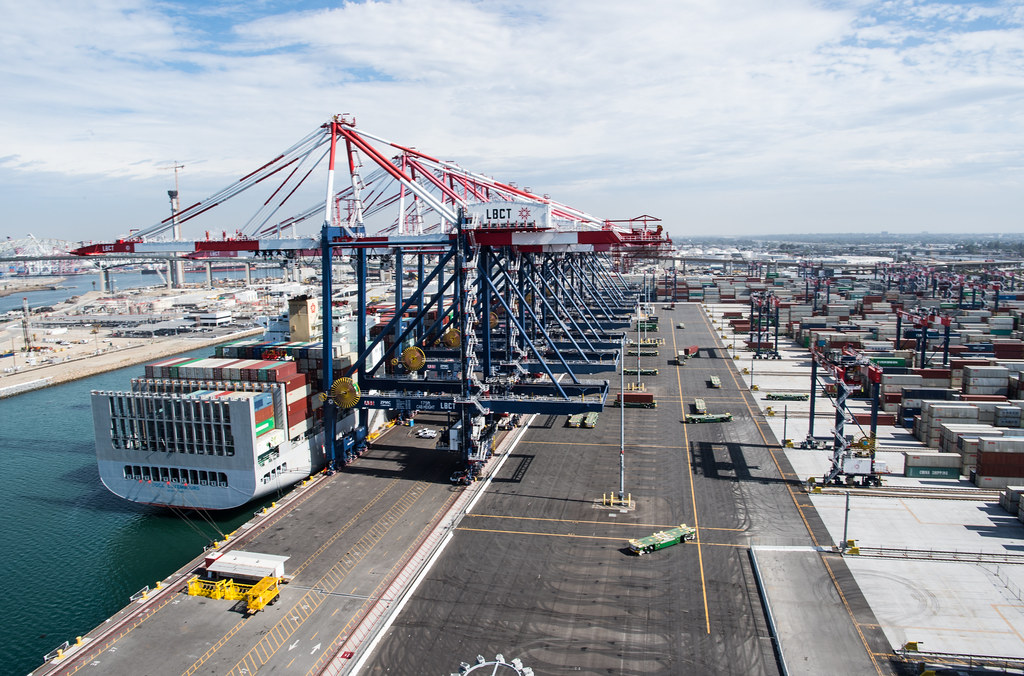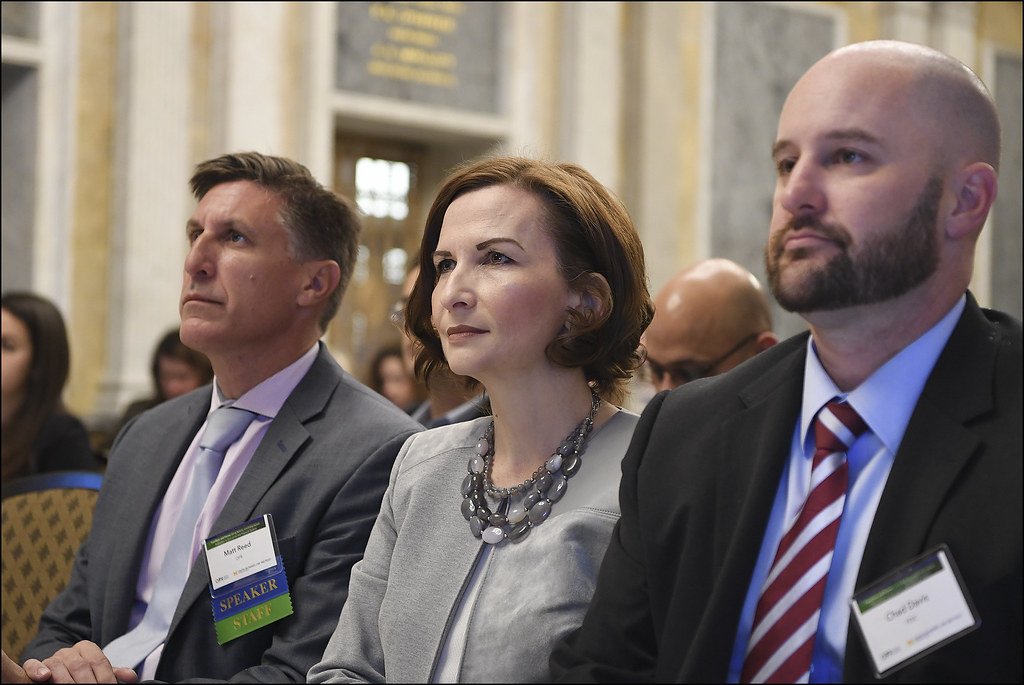
January 11, 2022
Climate Finance Capacity Project: Securities and Exchange Commission
Climate change poses a serious threat to everything the Securities and Exchange Commission (SEC) is meant to protect and oversee. The Commodity Futures Trading Commission (CTFC)’s “Managing Climate Risk in the U.S. The Financial System ”report makes this abundantly clear. The report concludes that climate change may “exacerbate existing, non-climate related vulnerabilities in the financial system, with potentially serious consequences for market stability”. Furthermore, the physical and transitional risks of climate change will likely lead to systemic and sub-systemic financial shocks. These shocks would cause “unprecedented disruption in the proper functioning of financial markets and institutions” and further marginalize communities underserved by the financial system. To fulfill its mandate, of maintaining fair, orderly, and efficient markets, protecting investors, and facilitating capital formation, the SEC must proactively ensure there is enough personnel to monitor and enforce regulations that will keep markets stable and adaptable.

January 11, 2022
New Report Warns That Insufficient Capacity at The SEC Might Limit its Role In the Fight Against Climate Change
Today, the Revolving Door Project released its SEC Climate Capacity Report examining the detrimental impact of capacity shortfalls on the Securities and Exchange Commission (SEC)’s climate work. This report is the second installment of its Climate Finance Capacity Project. The Climate Finance Capacity Project explores the power and responsibility that each of the Financial Stability Oversight Council’s member agencies has to address the climate crisis and consider how resource limitations threaten to limit their impact.

January 04, 2022
Amidst a Record Supply Chain Crisis, What is the Federal Maritime Commission’s Capacity?
One tiny federal agency with 116 full-time employees and a $28.9 million dollar budget is in charge of regulating the global marine economy, which contributes $397 billion to the US GDP annually and accounts for 80 percent of goods shipped worldwide. That’s not just an apples and oranges discrepancy—that’s like an apple versus Apple. The budget for the military’s marching bands is fifteen times greater than the Federal Maritime Commission’s budget; the Marines alone have five times more musicians than the Commission has staff.

December 22, 2021
Blog Post Corporate CrackdownEducationEthics in GovernmentExecutive BranchIndependent AgenciesRevolving Door
The Administration’s Actions on Federal Student Aid Deserve Sustained Scrutiny
Biden made big promises to American college students and graduates in his presidential campaign, just to walk them back when he became president.

December 21, 2021 | The Hill
Is The Media Laundering Open Lawlessness At The FDIC?
McWilliams and Chopra both make compelling characters, but only one is quite clearly violating the law, and attempting to seize absolute power over a crucial agency with no repercussions.
December 15, 2021 | Revolving Door Project Newsletter
Biden’s Bank Regulators Play Hardball
Late last Thursday, a Democratic majority on the Federal Deposit Insurance Corporation (FDIC) board announced that it had voted to take comment on the agency’s process for reviewing bank mergers, a policy that fits neatly within the Biden administration’s whole-of-government approach to competition. On its face, this is wholly unremarkable. But what should have been just another early step towards meeting this administration’s goals quickly turned into an all out war thanks to the FDIC’s Trump holdover chair Jelena McWilliams.

December 14, 2021
FDIC Chair Uses Circular Logic And Revolving Doors To Retain Unlawful Power
If the FDIC general counsel is loyal primarily to McWilliams, then his opinion can’t be taken as independent in this matter.

December 10, 2021
Beyond HUD And FHFA: The Federal Government's Other Housing Agencies
Many executive branch departments and agencies — including FEMA, USDA, and the VA — administer lesser-known federal housing programs.

December 10, 2021
The "Coup" At The FDIC Is Jelena McWilliams Overturning Majority And Congressional Will
McWilliams is effectively saying that any outcome which she doesn’t like must be illegitimate, because she’s the Chair.

December 02, 2021
Climate Finance Capacity Project: Commodity Futures Trading Commission
The Biden Administration was elected to office with an urgent mandate to change our current trajectory towards catastrophic climate change. Climate-focused financial regulation, or the regulation of markets to accurately account for climate risk and the social and material costs of climate-damaging activities, must be a part of this coordinated federal response in order to meaningfully address climate concerns at the governmental level. An agency that is particularly key to this goal is the Commodity Futures Trading Commission (CFTC). The CFTC is one of the smallest federal financial regulatory bodies and yet it is responsible for regulating one of the country’s largest markets, derivatives. While it was originally founded to regulate futures trading in commodities, the passage of the Dodd-Frank Wall Street Reform and Consumer Protection Act in 2010 expanded the CFTC’s mandate to include swaps markets and broadened the agency’s role in regulating other derivatives, in part due to their extreme volatility and outsized role in the 2008 financial crisis.
December 01, 2021 | Revolving Door Project Newsletter
Biden Team Overcomplicates Presidency
The end of Biden’s first year in office is fast approaching and the optimism that characterized its start is long gone. Supply chain problems, stalled legislation, a new COVID-19 variant, and nomination woes (both self-imposed and external) are all weighing on the collective national mood. Some are even starting to conclude that, regardless of what steps the administration takes in the coming year, Democrats are doomed to lose both houses of Congress next fall.

November 23, 2021
Press Release Corporate CrackdownDepartment of JusticeEthics in GovernmentExecutive BranchIndependent Agencies
Polling Finds Enormous Bipartisan Support For Crackdown On Corporate Lawbreaking
70 percent of Republicans, 70 percent of Independents, and 70 percent of Democrats surveyed believe the Biden administration should do more to hold lawbreaking corporations accountable.

November 18, 2021 | The American Prospect
How Biden Can Protect Students From Predatory For-Profit Colleges
The Biden administration inherited a morass of understaffed and undermined federal agencies, weakened by the Trump administration. It makes sense that building back the government’s capacity would be an uphill battle for the Biden administration, with so many years of policymaking undermined by his predecessor. What doesn’t make sense is the jarring number of cases in which the administration is going out of its way, at considerable cost, to uphold Trump-era policies that go against Biden’s stated agenda and the public interest.

November 17, 2021
Newsletter Climate and EnvironmentDepartment of JusticeExecutive BranchFederal ReserveIndependent AgenciesTreasury Department
After Infrastructure Week
Congressional selfies and self-congratulations inaugurated the week, but a lot of hard work remains to translate the Infrastructure Investment and Jobs Act’s (IIJA) policies into real-life results. Given that those policies are (generously) middling and that the most promising ones are underfunded, turning these into winning programs will demand energy, creativity, competence, and a strong commitment to the public interest.

November 17, 2021
Revolver Spotlight: Charles Yi
Yi is the latest BigLaw revolver and corporate ally to join the Biden Administration.
